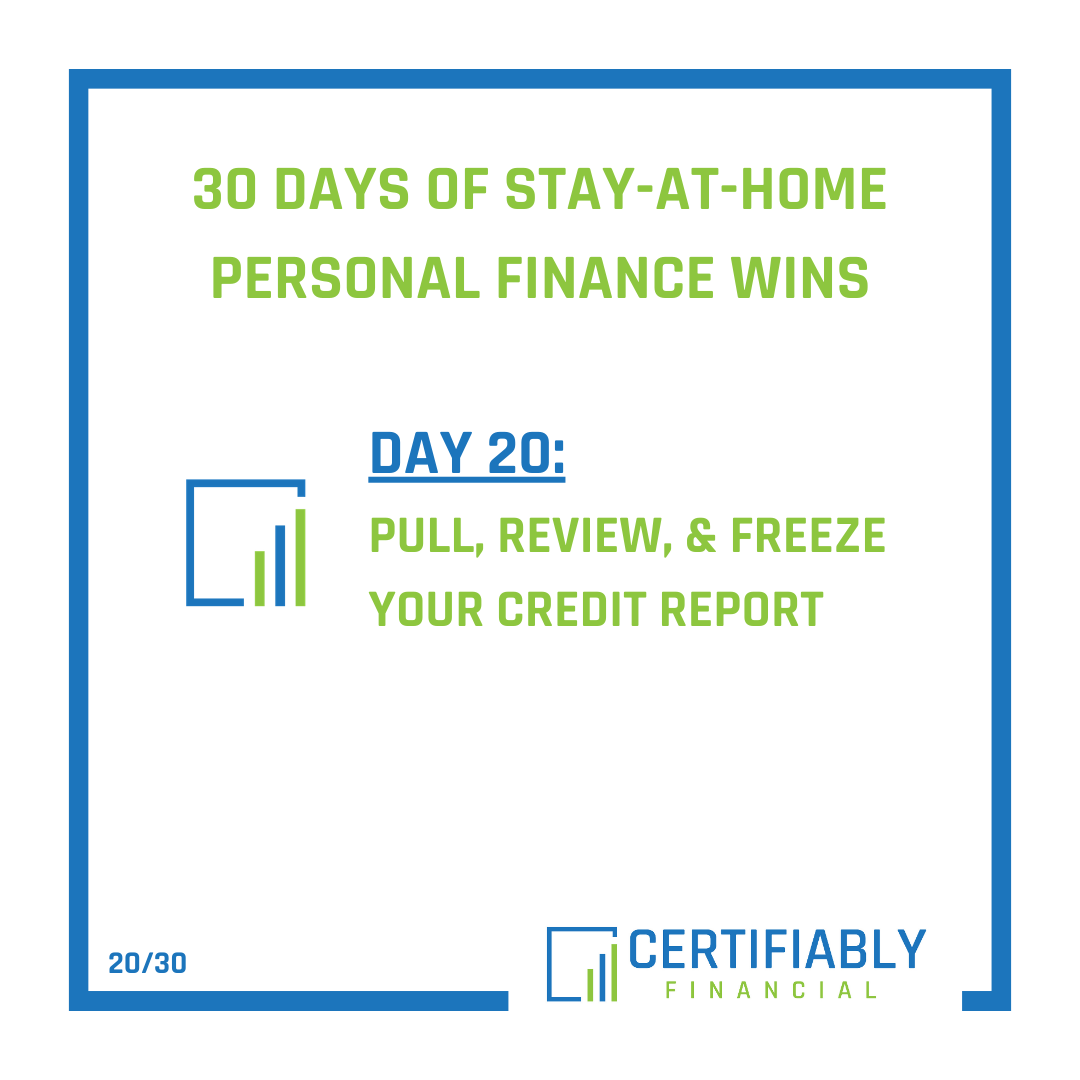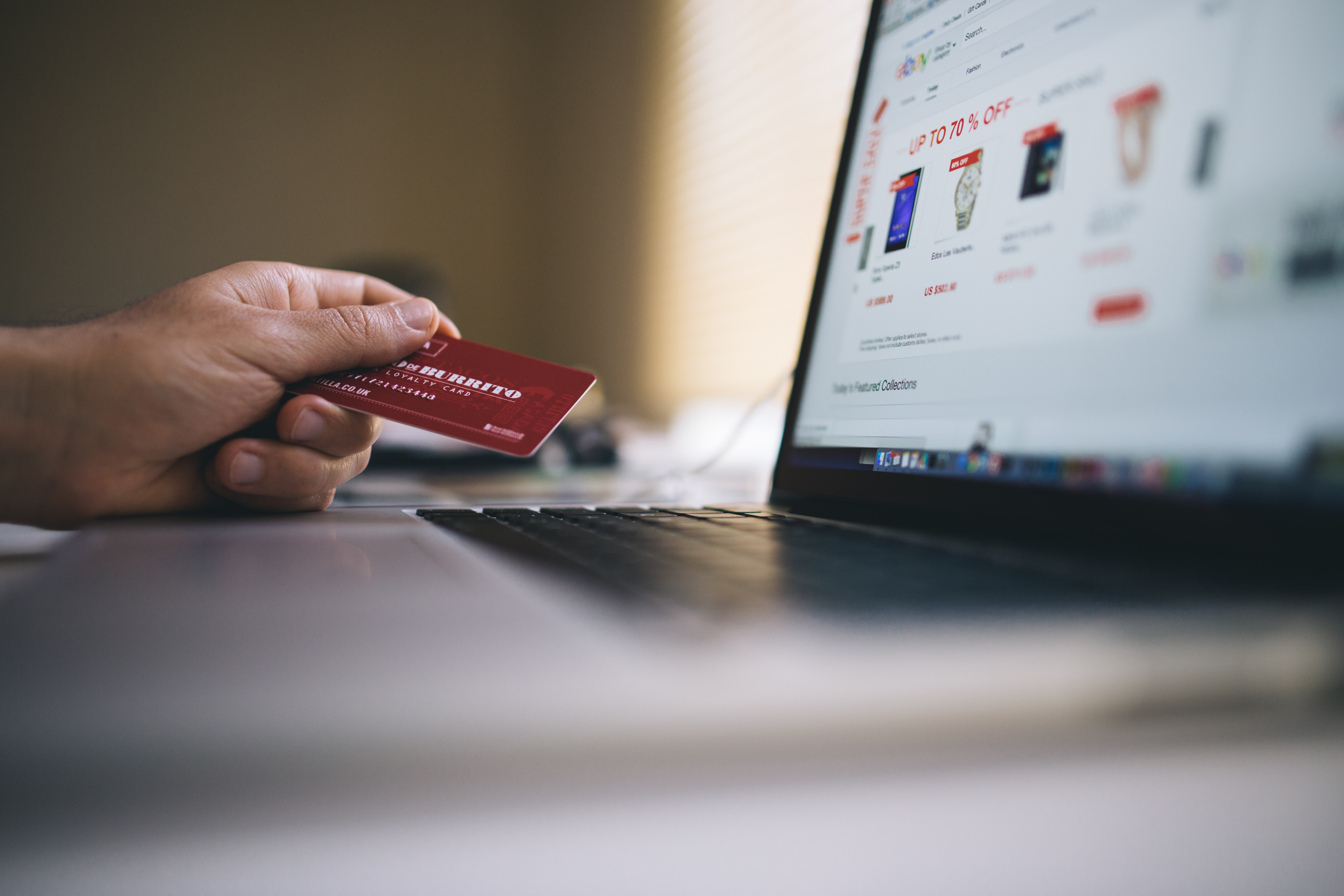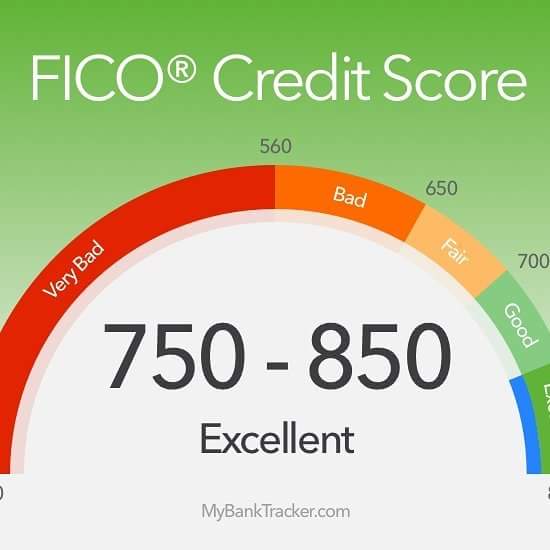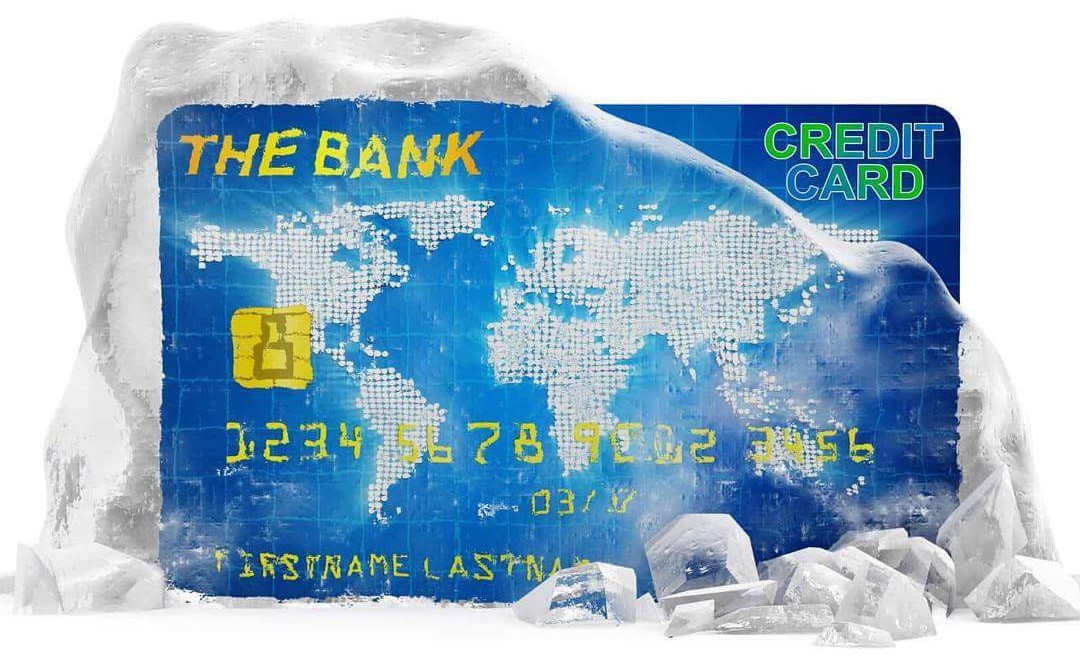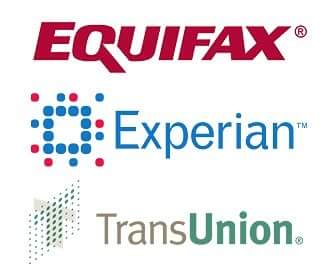What if you were able to come out of this time of social distancing and economic crisis with a stronger and healthier financial life? What if you looked at this as an opportunity to take a little bit of your extra time each day to work on your finances?
Credit
0% Financing
Last year when I bought Amanda’s engagement ring they put it on a 0% interest loan even though I was never asked if I wanted the 0% interest deal or if I wanted to pay in full. Even though I wasn’t asked if I wanted the deal, I would have taken it for several reasons: I had enough money in my account to pay for the ring in full, my bank account earns more than 0% so I could keep my money in there during the meantime and earn a little bit instead of earning nothing on Amanda’s finger, and I’m disciplined enough to pay it off in time. The problem with this situation is that as I was speaking about it with someone last week I realized how shady the situation really was.
Equifax Data Breach
3 minute read
This should concern you.
Personally, I think it’s a pretty big deal that some extremely smart person with very bad intentions probably has copies of my passport, driver’s license, and Social Security number. Just image the things they could do with that.
If you didn’t take action after the data breach, there are still a couple of things that you can (need to) do.
Lock Your Credit Reports
Locking your credit reports prohibits lenders from accessing them which means that lenders won’t open lines of credit in your name. If your credit reports aren’t locked, then someone with the right information could fraudulently open a line of credit such as a mortgage or credit card in your name and wreak havoc on your credit.
You should lock your credit reports with at least the 3 major credit reporting bureaus. You can lock your report with Equifax by creating a myEquifax account here, adding a security freeze to your Experian credit report here, and creating a TransUnion account to add a freeze here.
What if someone does it before you and you’re not able to access these accounts? (Hint: That would be very bad.)
Make sure that you save any passwords/PINs that you’re required to create in a very secure place. This isn’t information that you want to write down on your password paper that you keep in your wallet or at your computer desk or anywhere else that it could potentially end up in someone else’s hands. You’ll need these passwords and PINs to access your accounts when you want to place temporary credit freeze lifts which allow lenders to access your reports when you’re applying for credit.
This also means that you;ll have to remember to temporarily lift the freezes when you apply for a mortgage, car loan, or credit card.
Check Your Credit Report On A Regular Basis
Everyone is eligible to receive one free credit report from each of the three major credit reporting bureaus once per year from annualcreditreport.com (this is the government verified website for accessing credit reports). That’s three free credit reports per year. A good strategy is to pull a report from one of the bureaus every four months to make sure that you’re keeping up with your credit report and ensure that nothing looks wrong on it. For example, you could pull one from Equifax in January, one from Experian in May, and one from TransUnion in September.
When reviewing your credit report, make sure that everything is accurate: your personal information, your credit information, public records such as bankruptcies, foreclosures, and lawsuits, and inquiries on your report. If you see anything that isn’t correct, or seems out of the ordinary, you can call the credit reporting bureau to speak about it and to file a dispute, if you need to.
Creating these accounts and placing credit freezes is a time-consuming process and may seem like it’s not worth it at the time. However, putting in a little effort now could potentially save you a ton of time, money, and heartache in the long run. Repairing credit can take a long time and can be extremely costly. Help yourself avoid having to go through doing so by taking preventative measures now. It’s likely that your personal information has been compromised and checking your credit reports on a regular basis can help you catch fraudulent activity.
What’s a credit score and why do I care?
< 1 minute read
A credit score is a reflection of your personal credit history. It is a measure that lenders use to determine the likelihood that you will pay back your loan and is part of the information that they use to determine whether to give you a loan. A credit score is not the same thing as a credit report.
The picture shows that FICO credit scores range from 350 to 850 (850 being a low risk to the lender) and how a lender may view these scores. Your individual credit score may be a different number from each of the credit bureaus (Equifax, Experian, TransUnion) because they each have different evaluation criteria.
It’s important to know your credit score because lenders use it when evaluating whether to give you a loan. If you want to purchase a house or a car using a loan and you have a low credit score, then lenders may give you a loan with a high interest rate in an attempt to hedge the risk that you will not repay your loan.
What’s a Credit Freeze?
< 1 minute read
A credit freeze allows you to block access to your credit report. This can be a useful tool as many lenders may not extend a line of credit in your name if they’re not able to access your credit report which can help to make sure that someone doesn’t fraudulently open a line of credit using your information.
Credit freezes can be placed by creating accounts with each of the major credit reporting bureaus (Equifax, Experian, TransUnion) or by calling the bureaus. When you place a credit freeze you will receive a PIN or password that you will need to keep in a safe place. You will use this PIN or password if you need to temporarily lift the credit freeze. There may be a small fee for placing and lifting a credit freeze.
If you’re planning on doing something which requires your credit report to be pulled (taking out a loan, applying for a credit card, sometimes applying for a job if the employer pulls a report, etc.), then you have to make sure to temporarily lift your credit freeze.
When was the last time you pulled your credit report?
< 1 minute read
With the data hacks that took place or were disclosed in 2017 (most notably Equifax and Yahoo!) it is becoming more and more important to ensure that your identity hasn’t been stolen and that someone hasn’t opened a line of credit in your name.
How do you do this?
You are entitled to one free credit report from each of the 3 major credit reporting bureaus (Equifax, Experian, TransUnion) once per year via annualcreditreport.com. You can pull your credit report from the website and check for any discrepancies.
Drew’s Method:
I pull my credit report in January, May, and September. Each time I pull the report I pull from a different credit bureau. Eg. January pull from Equifax, May pull from Experian, September pull from TransUnion. This way, I’m able to check my report throughout the year and never have to pay for it.

